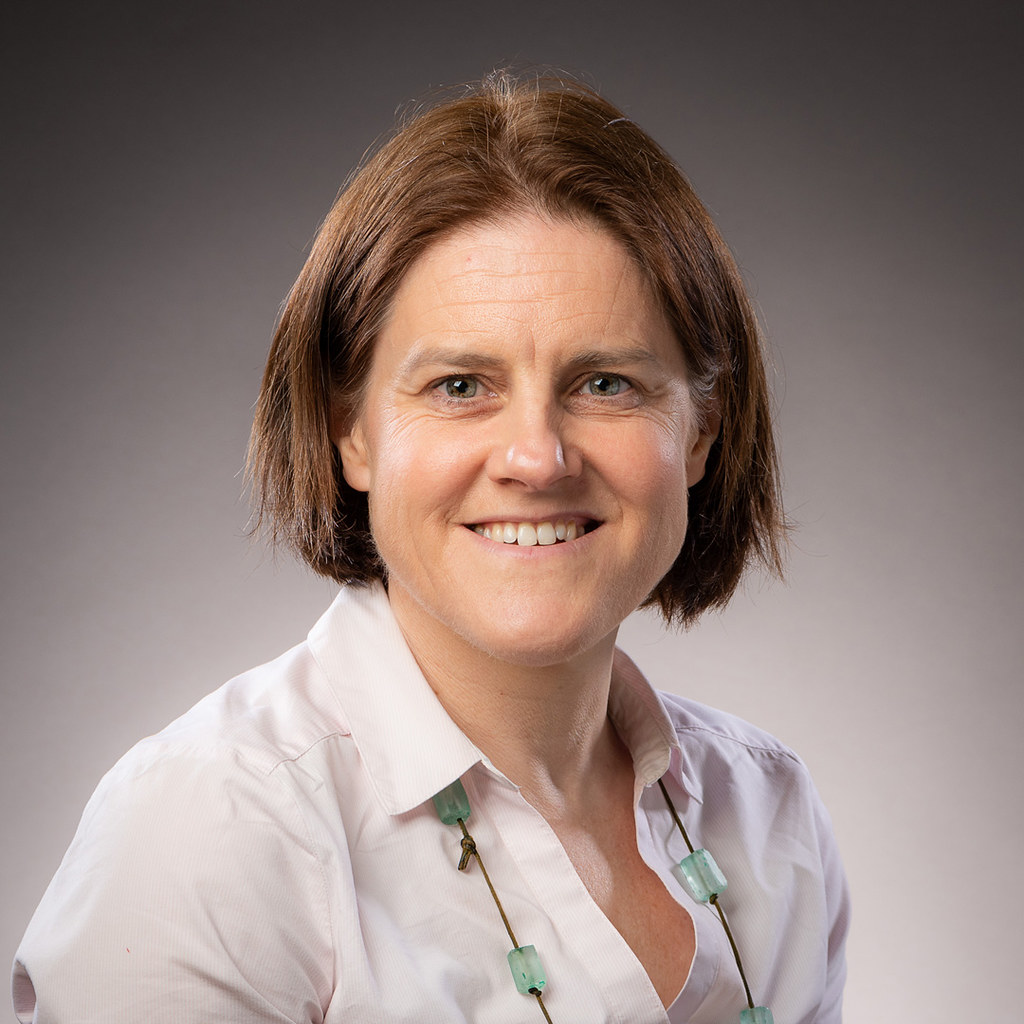Why did you choose to go on Sabbatical?
I went on sabbatical for a number of reasons; firstly, to develop expertise in a new area that was suggested as a next step for my research (i.e., from health psychology to health communication), secondly, to try and develop some International research links that I had yet to get off the ground (independently of my former PhD supervisor), and finally after a stint as Director of Studies it was a good opportunity to re-focus on research.
What did you do during this period of leave?
I spent half of my sabbatical in the US in Cornell University, based in the Department of Communication, and the remainder at Maastricht University in the Department of Public Health. The first half focussed on reading and learning about a new discipline, and immersing myself in reading research in-depth which I’d not done since my PhD. It was unfortunate that the person I wanted to work with ended up on his own sabbatical in Australia at the time, so there was less of an opportunity for establishing that link as I’d hoped, but this probably meant that I got more out of it in terms of scholarship, being freer to read around the topic without the pressure to develop a coherent plan within a relatively short period of time (3 months). Attending research seminars and postgrad teaching sessions was also a great opportunity to look at the same topic from a different angle.
I enjoyed the opportunity to learn how to cross-country ski in the coldest winter for 20 years (-15 degrees at times…). In Maastricht I worked in a more focussed way on a couple of projects; one was a research grant (including both my colleagues from Cornell and Maastricht), and the second directing and conducting a meta-analysis with colleagues back in the UK (that would usually have been challenging to focus on with other commitments going on at the same time).
In summary, in Cornell I was able to focus on reading and learning about a new area that was necessary for me to advance my work, and in Maastricht I had a chance to get some ideas onto paper, and network with others in a similar field. While in theory I had more to show from this second part, I think I personally got more out of the first half.
What difference has this period of leave made to your career?
Unfortunately, the grant that I applied for did not come off, which would have been a game-changer for me in my research career and cementing these networks. However, even without this, the work I did on sabbatical has been crucial in allowing me to develop my research in a new (and to me more interesting) direction, which is the area that I am continuing to work on 4 years on. The outputs written while on sabbatical (a book chapter and meta-analysis) were duly published and have been useful to provide substance to the ideas I have talked about with external partners. This in turn has enabled me to run some collaborative pilot projects (now also published).
This body of work has helped me to get the position of academic advisor for a Public Health England board (for the National Child Measurement Programme). Although I am still to capture that elusive large grant, I have been able to progress with smaller-scale studies that have opened doors for me, and I hope one day will be the basis for some real-world impact.
